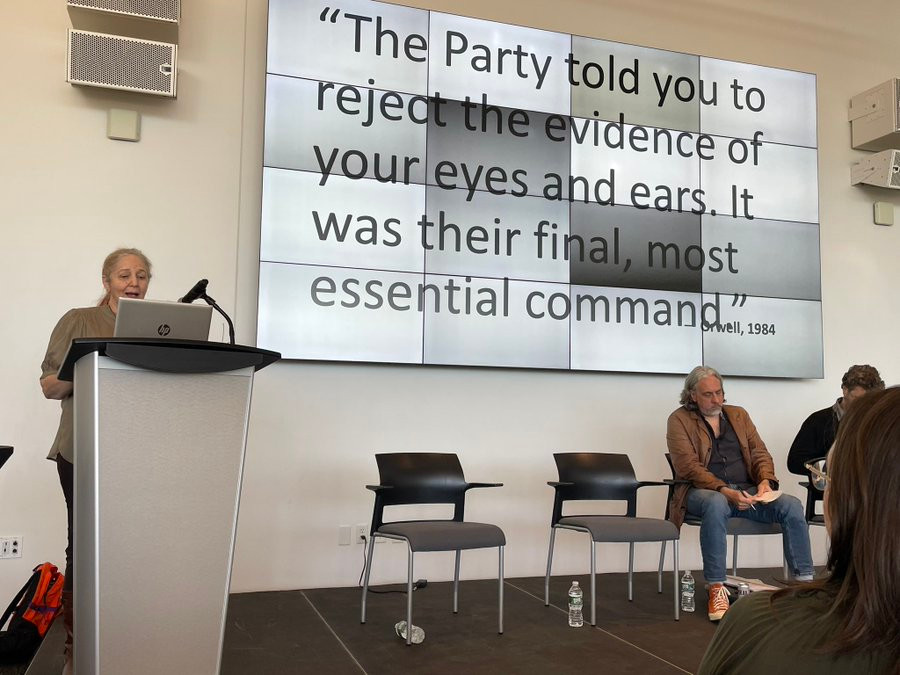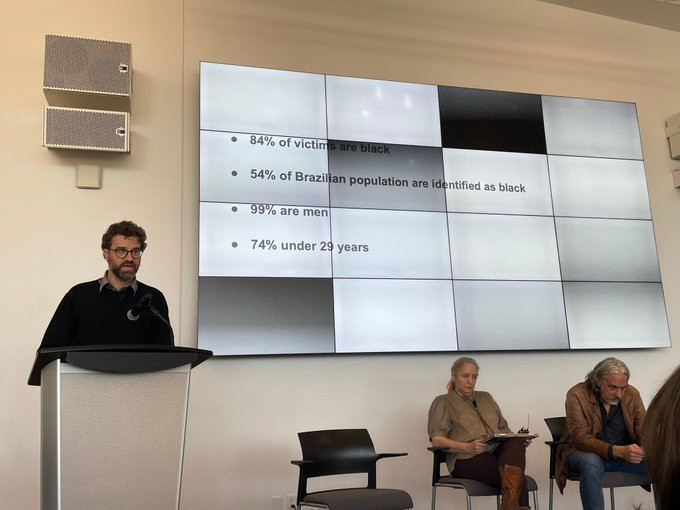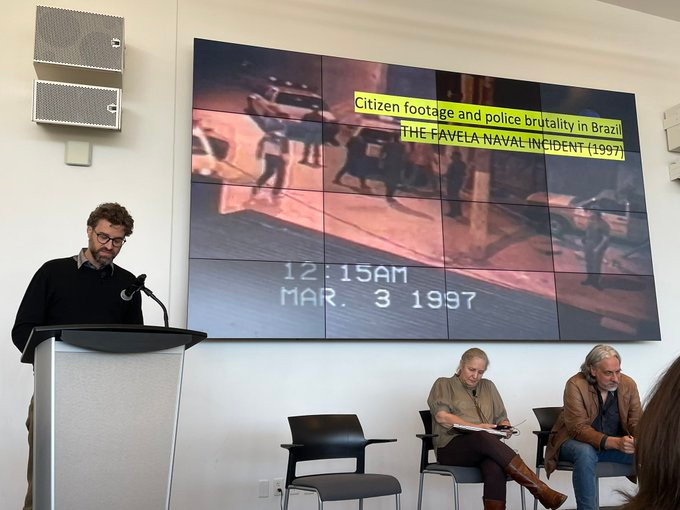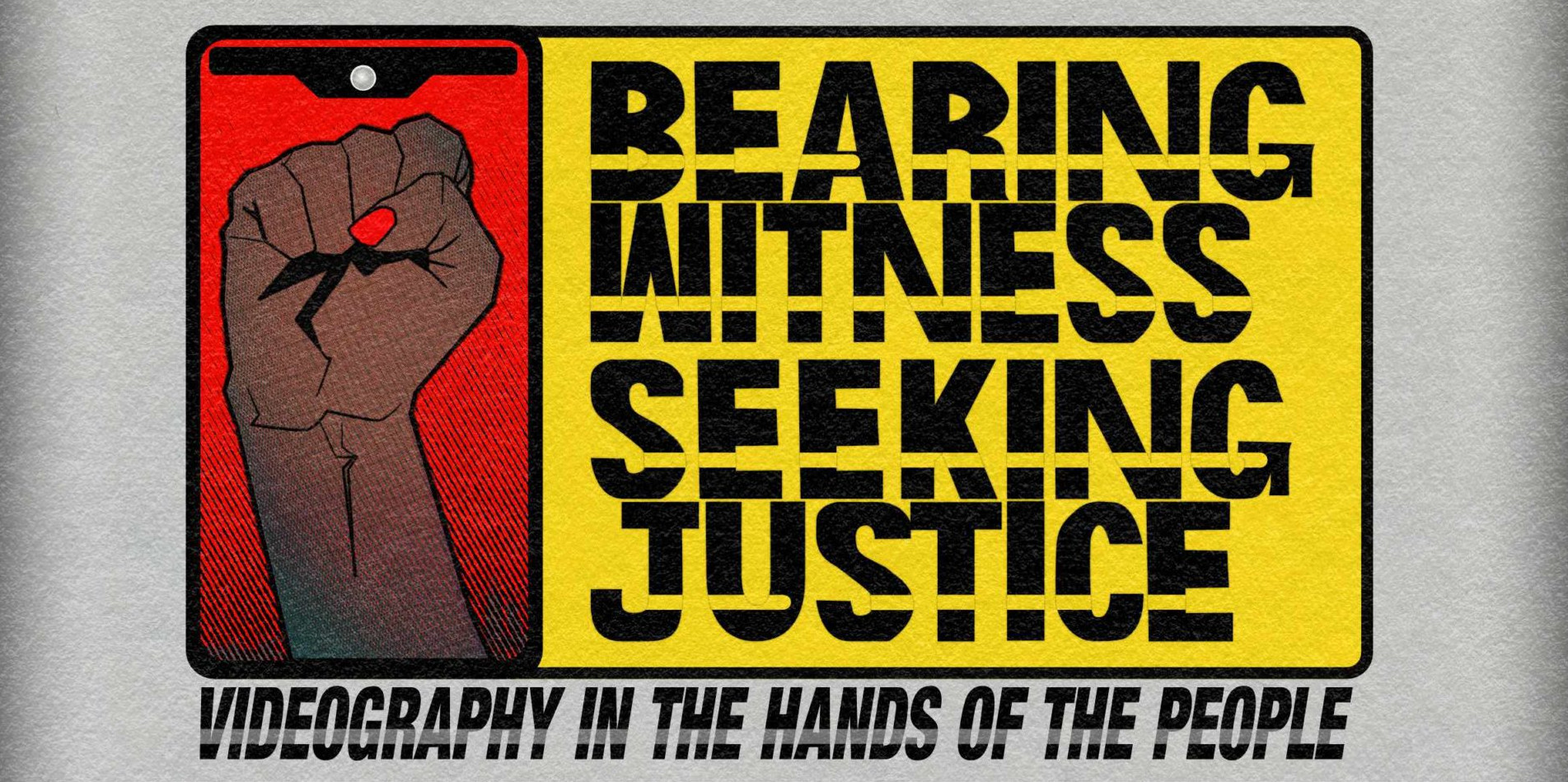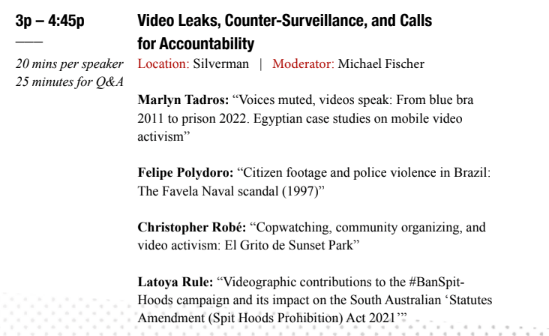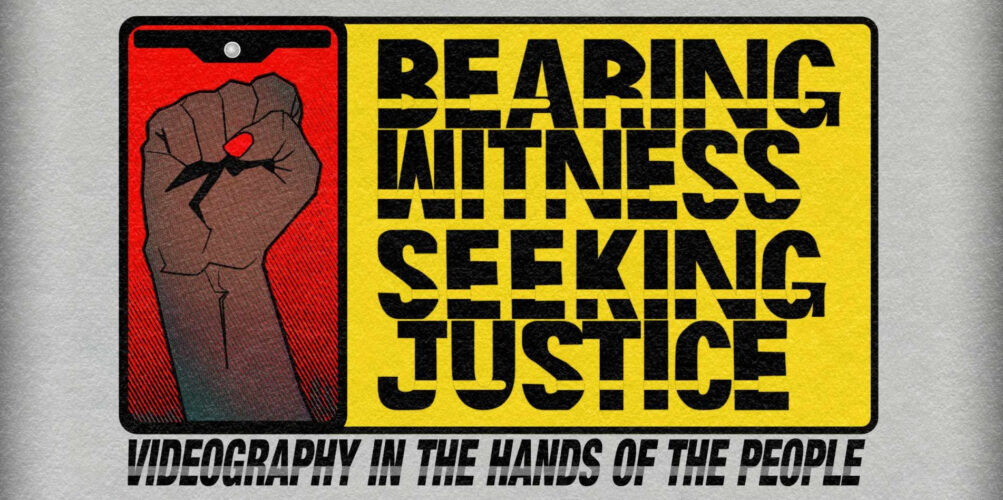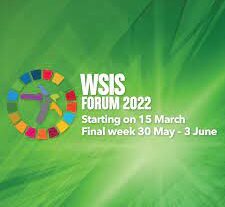The conference entitled Bearing-Witness: Videography in the Hands of the People, was from 5-7 October, 22 at the MIT’s Media Lab. It was organized by the Comparative Media Studies/Writing in the School of Humanities, Arts, and Social Sciences at the Massachusetts Institute of Technology. The conference builds on scholarship and public policy that emerged as a result of the Rodney King uprisings in the early 1990s, continuing through the many police killings of black men and women, to the horrific murder of George Floyd, all in the context of the Black Lives Matter movement born during the past decade.
Video technology, a novel instrument in pursuing evidence, truth, and judicial integrity, can also be abused-infringing on civil liberties, for example, as when public and private agencies employ surveillance systems for facial recognition. And it can be subverted, its evidentiary status thrown into doubt by an environment increasingly polluted by deepfakes. Beyond and behind the images are the algorithms and platforms that can undermine as much as strengthen human rights.
VA’s executive director, Marlyn Tadros, presented in a panel entitled Video Leaks, Counter-Surveillance, and Calls for Accountability. Dr. Michael Fischer, Andrew W. Mellon Professor in the the Humanities and
Professor of Anthropology and Science and Technology Studies, Massachusetts Institute of Technology moderated the session and introduced the panelists:
1- Marlyn Tadros, Southern New Hampshire University and Exec Dir of Virtual Activism – “Voices muted, videos speak: From blue bra 2011 to prison 2022. Egyptian case studies on mobile video activism.”
2- Christopher Robé, Professor of Film and Media Studies, Florida Atlantic University; expert on the use of media for self-representation and as a tool for political activism and organizing – “Copwatching, community organizing, and video activism: El Grito de Sunset Park.”
3- Felipe Polydoro, Professor of Communication, University of Brasília, São Paulo, Brazil; specialist in digital media, journalism, and social communication – “Citizen footage and police violence in Brazil: The Favela Naval scandal (1997)”
4- Latoya Rule, Research Associate, Jumbunna Institute for Indigenous Education & Research, University of Technology, Sydney, Australia whose work explores Aboriginal resistance and seeks justice for those who have died in police custody and prison. https://indigenousx.com.au/ – “Videographic contributions to the #BanSpit-Hoods campaign and its impact on the South Australian ‘Statutes Amendment (Spit Hoods Prohibition) Act 2021’”
